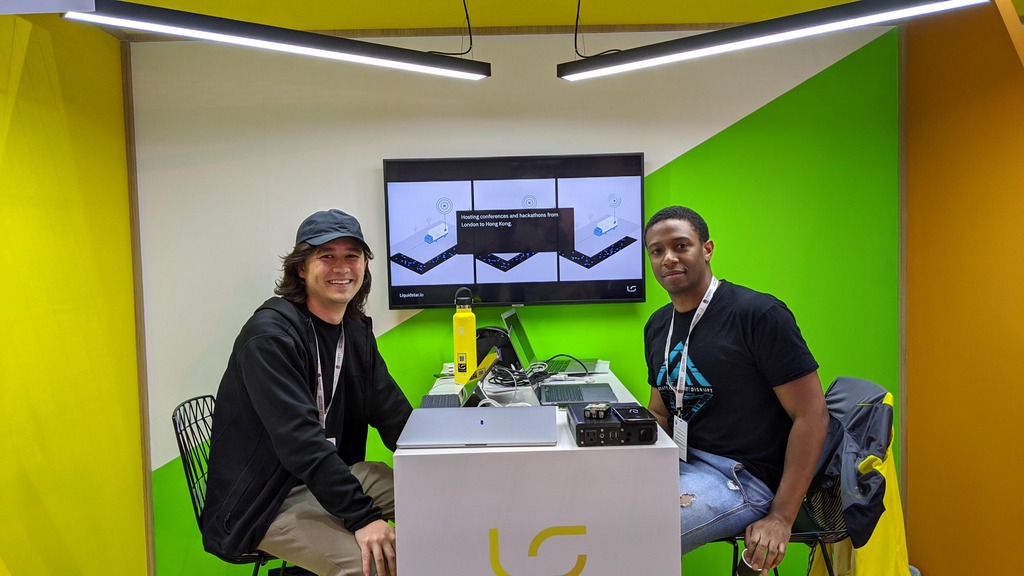[ad_1]
By Xavier Underwood
Special to the AFRO
With all of the lockdowns as a result of the novel coronavirus forcing folks to stay in at home, we often can easily lose sight of simple amenities. When we plug in our laptops or TVs, there are a lot of things that happen to get those electrons to our door and we often take it for granted.
Would you be able to stay in your home for an extended period without electricity? Electricity plays a critical role in making the lockdowns bearable.
Washington-area natives Conor Colwell and Scott Salandy-Defour, co-founders of Liquidstar, created a solution to energy needs. Liquidstar is a startup focused on providing electricity to the 1.1 billion people in the world that don’t have it, but are also in the immediate aftermath of natural disasters.

Their startup is rooted in the belief that energy is the key to unlocking economic growth and the United Nations’ Sustainable Development Goals. Food, water, healthcare and education are all tremendously enhanced with access to electricity. Electricity enables food to be stored longer, water to be purified, medicine to be kept cool, and education to be completed remotely, granting access to modern and future economies.
The main reason for lack of access to electricity, particularly in West African countries, like Nigeria, is cost. It costs $150 per meter (vs about $170 in the USA) to build overhead lines and between $30 to about $75 to make individual connections to homes or houses. Purchasing distributed solar also isn’t cheap and has high down payments and effective interest rates on products of up to 200 to 300 percent. When considering that a ‘middle class’ job can pay as little as $3 per day in some of these countries without easy access to electricity, it’s no wonder why the private sector hasn’t rushed to provide solutions.
While there are energy subsidies that reduce the cost of electricity for those on the grid, the service is spotty and unreliable. Not to mention that at least 40 percent of the electricity generated in Nigeria is stolen. Additionally, those off of the grid pay five times more than we do in the United States to access electricity. To put that in context, in the U.S. you might pay $1 to charge your phone for the year while in Nigeria that would be more than $5.50.
“So the key for us became, how do we make a solution that’s better for the environment, but also changes the way energy is delivered or distributed and that’s where we came up with Liquidstar, the Uber for electricity,” said Salandy-Defour.
“In using people to replace wires to deliver electricity, Liquidstar can significantly reduce the cost of electricity while increasing access. With batteries charged in container-based solar charging stations, our platform manages the operation of those stations and the rental of those batteries,” he added.
With a pilot program already up and running in Lagos, Nigeria, the young entrepreneurs recently won an award with the Benin government to deploy their Liquidstar solution in a smart city. The results have been promising. From empowering entrepreneurs, to providing computer science students with the ability to work late into the night like their international counterparts, their solution has already proved it’s worth.
With the COVID-19 related downturn, electricity becomes more important as the gap widens between the developed and developing world. Many people don’t have the option to work from home and can’t afford basic necessities like food, water and light in good times let alone in lieu of a global pandemic.
Liquidstar’s goal is to use the platform to help these countries and people leapfrog their counterparts in the developed world with electricity, similar to how China skipped consumer wired broadband and desktop computers and went straight to mobile and wireless connectivity.
Providing access to energy can jumpstart Africa’s ability to replicate China and Asia’s success over the last 30 years, creating a better and safer world for us all.
[ad_2]
Source link
